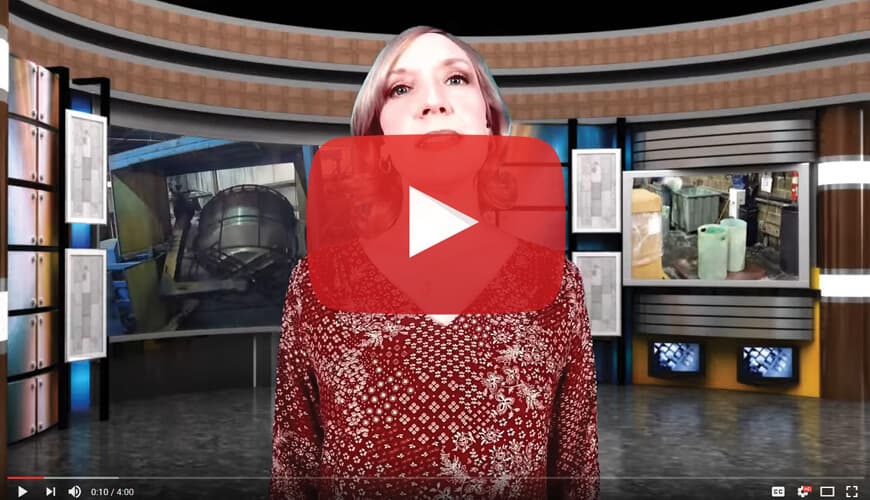A rotational molder specializing in custom rotational molding will have a staff on site that can take a concept of a part through the entire process of design, mold making and manufacturing. Some rotational molders only manufacture a certain type of part or do not offer custom services at all. A rotational molder offering custom services will usually have in-house engineers to walk a potential customer through the design process, a mold shop to fabricate the tooling for the job and machinery large enough to manufacture the needed part. So what can you expect if you have a part that needs to be rotationally molded?
Custom Rotational Molding Process
Product consultation – Most custom rotomolding jobs start with a meeting or conversation with our staff to determine the needs of the part, the environment it will be used in and if rotational molding is the right manufacturing choice. Any drawings or design ideas can be submitted at this point in the process for consideration.
Rotational Molding Design - The rotomolding design process requires engineers with specialized roto-molding experience. A custom rotational molder would have engineers available to analyze the part concept or drawings to make sure they will work as a rotationally molded part. They will also analyze the use of the part to be manufactured such as load bearing needs, environmental stresses or any specifications unique to the application. A design will be drafter from with a mold will be make.
Tooling – Fabricating or casting the tooling for a custom rotationally molded product is the next step in seeing that product be manufactured. Tooling can take weeks or months to be produced and the engineering staff and metal workers work closely to execute the design. Finding a rotational molder that has a mold shop in house can not only speed this process up but also ensure adjustments or repairs to the mold are done in a timely manner.
Manufacturing – Once the tooling is complete the research and development stage of manufacturing can begin. Rotational molding is a lot like baking a cake, so a recipe of materials and cook time is developed through both calculations and trial and error. Once the perfect cycle is developed the development ends and true manufacturing of the product begins.
Developing a custom rotationally molded part requires skill and attention at each step and finding a rotational molder able to complete the process from beginning to end can save time and money. For your custom rotational molding needs contact Granger Plastics Company at 513-424-1955 or visit www.grangerplastics.com to find solutions beyond expectations.



